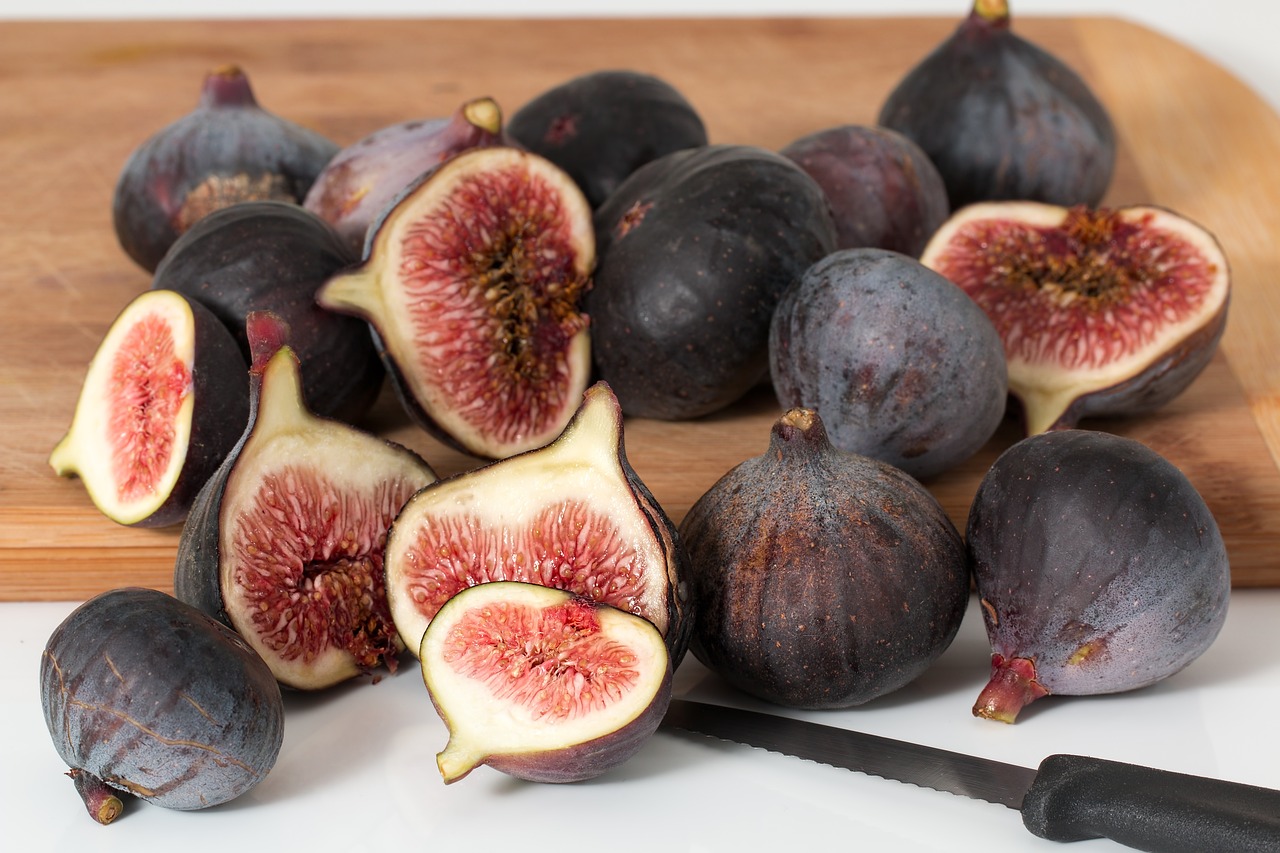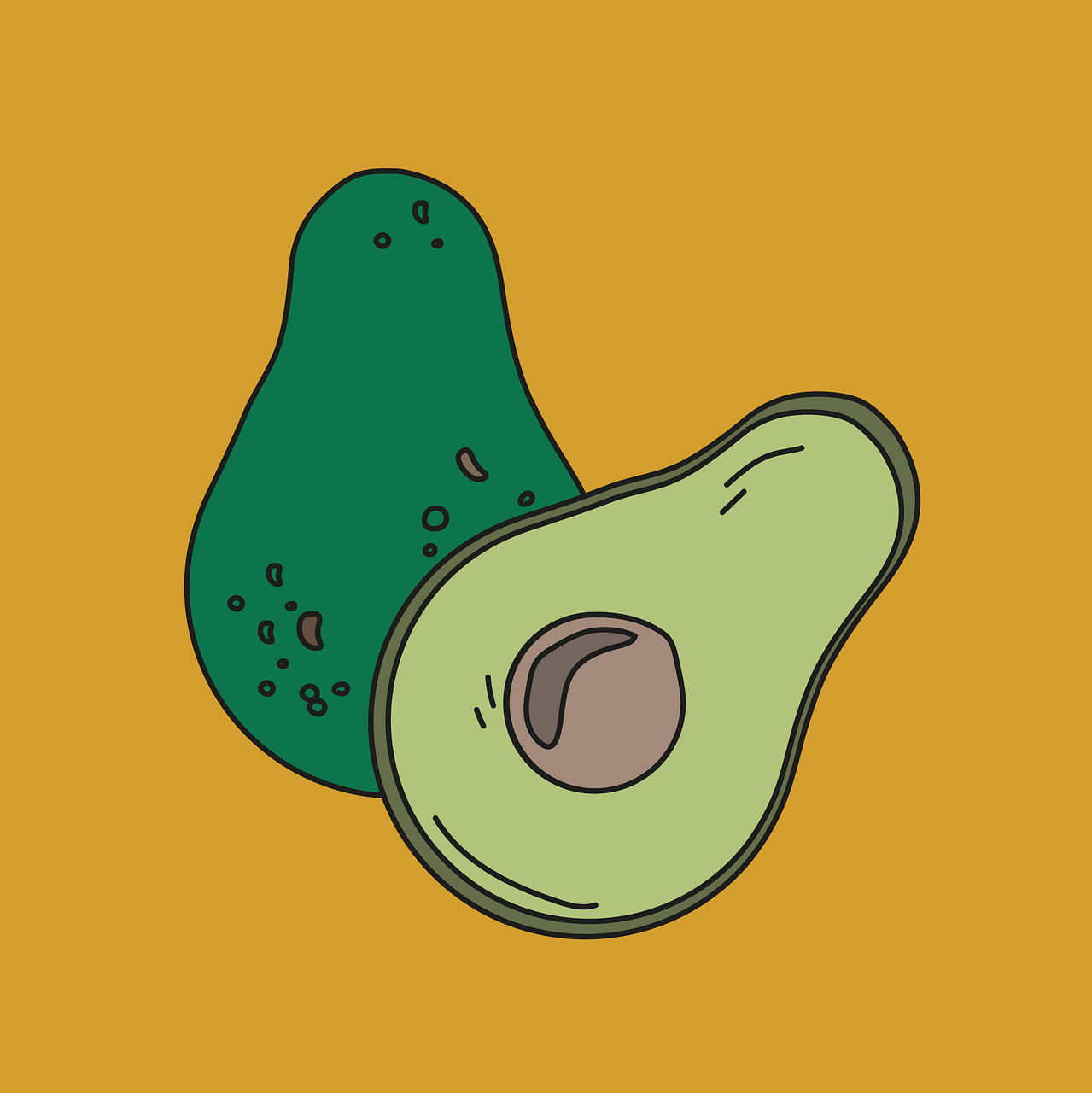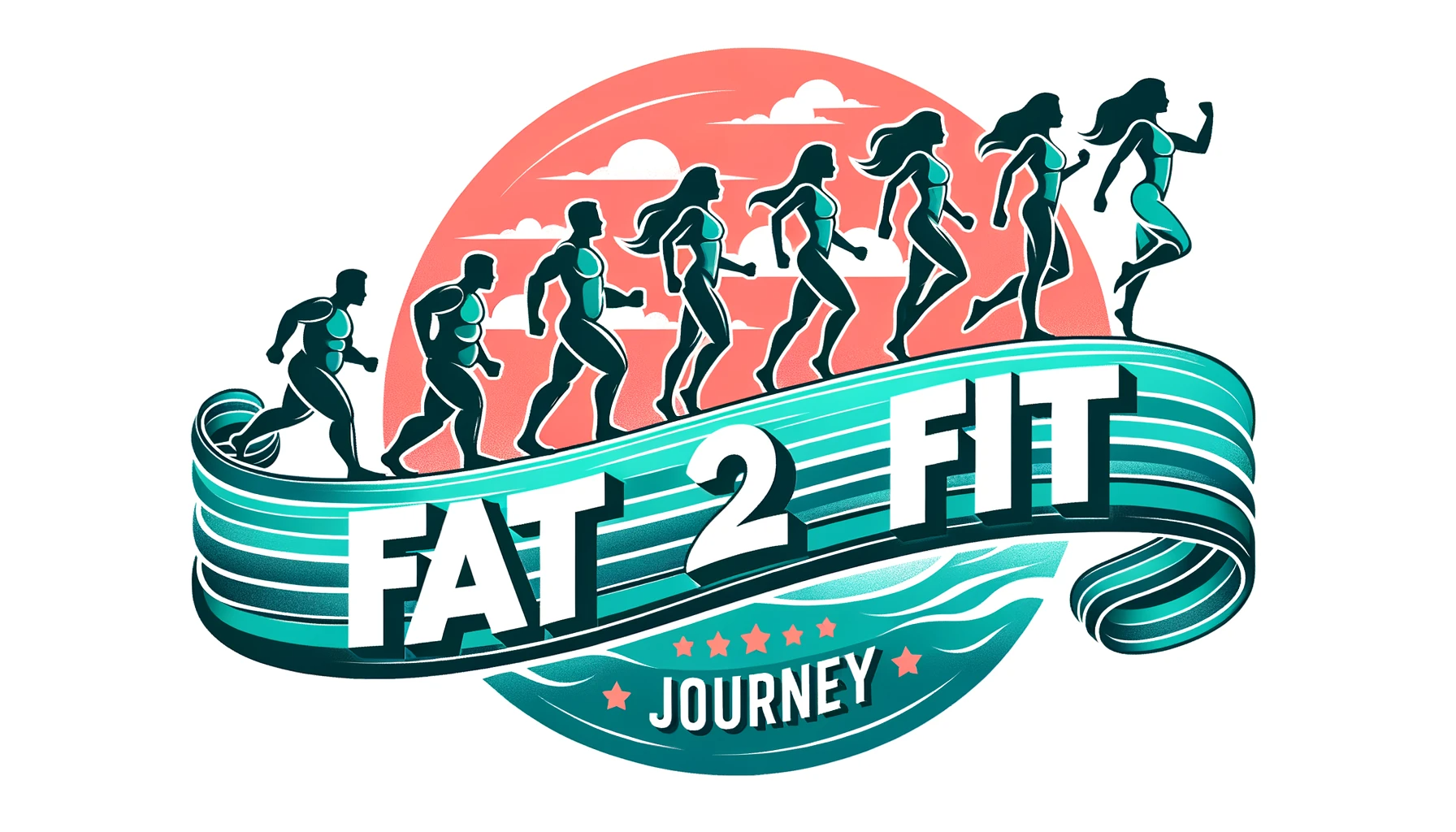Are you looking to improve your overall health and wellbeing? Look no further than nutrient-rich foods to build a balanced diet! By incorporating these foods into your daily meals, you can enhance your body’s functioning and promote optimal health. From vibrant fruits and vegetables to lean proteins and whole grains, this article will explore the importance of nutrient-rich foods in maintaining a balanced diet. Get ready to embark on a journey towards better nutrition and overall wellness!

Table of Contents
What is a balanced diet?
Definition of a balanced diet
A balanced diet is one that includes a variety of nutrient-rich foods in the right proportions. It is all about consuming the right amount of each essential nutrient to support optimal health and wellbeing. A balanced diet provides the necessary energy and nutrients that the body needs to function properly and stay healthy. It involves striking a balance between different food groups to ensure that your body gets the right amount of carbohydrates, proteins, fats, vitamins, minerals, fiber, and water.
Importance of a balanced diet
Maintaining a balanced diet is crucial for overall health and wellbeing. A balanced diet provides the body with the necessary nutrients to support growth, maintain energy levels, promote brain function, and boost the immune system. It helps prevent the development of chronic diseases such as heart disease, diabetes, and obesity. By consuming a balanced diet, you can improve digestion, manage weight effectively, and support healthy bodily functions. In short, a balanced diet lays the foundation for a healthy and vibrant life.
Key nutrients for a balanced diet
Carbohydrates
Carbohydrates are the primary source of energy for the body. They include sugars, starches, and fiber. Carbohydrates provide fuel for the brain, muscles, and organs, helping to support physical activity and high energy levels. Whole grains, fruits, and vegetables are excellent sources of carbohydrates.
Proteins
Proteins are the building blocks of the body and play a vital role in the growth, repair, and maintenance of body tissues. They are essential for the production of enzymes, hormones, and antibodies, as well as for muscle development and repair. Good sources of protein include lean meats, poultry, fish, legumes, nuts, and seeds.
Fats
Fats are an essential part of a balanced diet. They provide a concentrated source of energy and help the body absorb fat-soluble vitamins. Healthy fats, such as those found in avocados, nuts, seeds, and olive oil, are important for brain health, hormone production, and overall wellbeing.
Vitamins
Vitamins are organic compounds that the body needs in small amounts to function properly. They play a crucial role in various physiological processes, including energy production, immune function, and cell growth. Fruits, vegetables, dairy products, and fortified cereals are excellent sources of vitamins.
Minerals
Minerals are inorganic compounds that are essential for the body’s normal functioning. They are involved in enzyme reactions, bone formation, nerve function, and maintaining a healthy immune system. Good sources of minerals include dairy products, leafy green vegetables, legumes, and whole grains.
Fiber
Fiber is a type of carbohydrate that is not digested by the body. It helps regulate bowel movements, maintain healthy cholesterol levels, and promote a feeling of fullness. Whole grains, fruits, vegetables, and legumes are rich in fiber.
Water
Water is not a nutrient itself, but it is essential for maintaining proper hydration and facilitating various bodily functions. It helps transport nutrients, regulate body temperature, and remove waste products. Staying adequately hydrated is key to overall health.
Selection of nutrient-rich foods
Whole grains
Whole grains are an excellent source of carbohydrates, fiber, vitamins, and minerals. They provide sustained energy, improve digestion, and help maintain a healthy weight. Examples of whole grains include brown rice, quinoa, whole wheat bread, and oats.
Lean proteins
Lean proteins are low in fat and high in nutrients. They are essential for muscle growth, cell repair, and hormone production. Skinless poultry, fish, tofu, beans, and lentils are examples of lean proteins.
Healthy fats
Including healthy fats in your diet is essential for the absorption of fat-soluble vitamins and for overall health. Avocados, nuts, seeds, olives, and fatty fish like salmon and trout are excellent sources of healthy fats.
Fruits
Fruits are rich in vitamins, minerals, fiber, and antioxidants. They provide a natural sweetness and are a healthier alternative to sugary snacks. Incorporate a variety of fruits such as berries, citrus fruits, apples, and bananas into your diet for a wide range of nutrients.
Vegetables
Vegetables are packed with essential vitamins, minerals, and fiber. They are low in calories and high in nutrients, making them an excellent addition to a balanced diet. Aim to include a rainbow of vegetables in your meals, from leafy greens like spinach and kale to colorful vegetables like bell peppers, carrots, and broccoli.
Dairy products
Dairy products are rich in calcium, protein, and vitamin D, which are essential for strong bones and teeth. Choose low-fat or fat-free options like milk, yogurt, and cheese to limit your intake of saturated fats.
Nuts and seeds
Nuts and seeds are nutrient-dense foods that provide healthy fats, protein, fiber, vitamins, and minerals. They make for a great snack or addition to salads, smoothies, and other dishes. Almonds, walnuts, chia seeds, and flaxseeds are great choices.
Legumes
Legumes, such as beans, lentils, and chickpeas, are an excellent source of plant-based protein, fiber, and various other nutrients. They are versatile, affordable, and can be incorporated into a wide range of recipes to boost their nutritional value.
Fish
Fish is an excellent source of lean protein and healthy fats, particularly omega-3 fatty acids. These fats are beneficial for heart health and brain function. Include fatty fish like salmon, mackerel, and sardines in your diet at least twice a week.
Eggs
Eggs are a nutritious food that provides high-quality protein, vitamins, and minerals. They can be prepared in various ways and are an affordable and versatile addition to a balanced diet.
Limiting processed foods
It is important to limit the consumption of processed foods as they are often high in added sugars, unhealthy fats, and sodium. These foods can lead to weight gain, heart disease, and other chronic health conditions. Opt for whole, unprocessed foods whenever possible.
Benefits of nutrient-rich foods
Meeting nutritional needs
By incorporating nutrient-rich foods into your diet, you ensure that your body receives all the essential nutrients it needs to function properly and maintain optimal health.
Improved overall health
A balanced diet consisting of nutrient-rich foods helps improve overall health and reduces the risk of developing chronic diseases such as heart disease, diabetes, and certain types of cancer.
Increased energy levels
Nutrient-rich foods provide a steady supply of energy, allowing you to feel more energized throughout the day and perform at your best.
Enhanced immune function
Consuming a variety of nutrient-rich foods helps support a robust immune system, making you less susceptible to illnesses and infections.
Reduced risk of chronic diseases
A diet rich in nutrients helps reduce the risk of chronic diseases, such as obesity, heart disease, high blood pressure, and type 2 diabetes.
Better weight management
Nutrient-rich foods promote satiety and help maintain a healthy body weight, preventing excessive weight gain and aiding in weight loss efforts.
Improved brain function
A balanced diet nourishes the brain, supporting cognitive function, memory, and overall brain health.
Healthy digestion
Fiber-rich foods, such as fruits, vegetables, and whole grains, promote healthy digestion and prevent constipation.

Tips for incorporating nutrient-rich foods into your diet
Meal planning
Plan your meals ahead of time to ensure that you include a variety of nutrient-rich foods in your diet on a daily basis. This helps avoid last-minute unhealthy food choices and makes it easier to stick to a balanced diet.
Reading food labels
Read the nutrition labels on food packaging to make informed choices about the nutrient content of the products you’re purchasing. Look for foods that are low in saturated fats, added sugars, and sodium.
Cooking at home
Cooking your meals at home gives you control over the ingredients and cooking methods used. This allows you to prioritize nutrient-rich foods and minimize the use of unhealthy additives.
Eating a variety of foods
Include a wide range of nutrient-rich foods in your meals to ensure that you obtain a diverse array of vitamins, minerals, and other essential nutrients.
Opting for whole foods
Choose whole foods, such as fruits, vegetables, whole grains, and lean proteins, over processed and packaged foods. Whole foods are minimally processed and retain more of their nutritional value.
Including vegetables in every meal
Vegetables are rich in vitamins, minerals, and fiber. Aim to incorporate vegetables into every meal, whether it’s adding them to a salad, stir-fry, or as a side dish.
Having balanced snacks
Choose nutrient-rich snacks, such as fruits, nuts, yogurt, or hummus with vegetables, to keep your energy levels stable throughout the day.
Drinking plenty of water
Stay hydrated by drinking plenty of water throughout the day. Water helps transport nutrients, flush out toxins, and support various bodily functions.
Limiting sugary beverages
Reduce your intake of sugary beverages, such as sodas, sports drinks, and fruit juices. These drinks are often high in added sugars and can contribute to weight gain and other health issues.
Being mindful of portion sizes
Pay attention to portion sizes to ensure that you don’t overeat. Even nutrient-rich foods should be consumed in moderation to maintain a balanced diet.
Common misconceptions about nutrient-rich foods
All nutrient-rich foods are expensive
Contrary to popular belief, nutrient-rich foods don’t have to be expensive. Many affordable options, such as beans, lentils, eggs, and frozen fruits and vegetables, offer a high nutritional value at a low cost.
You need to eat a large quantity of nutrient-rich foods
While it’s important to consume a variety of nutrient-rich foods, it’s not necessary to eat large quantities. The focus should be on the quality of the foods rather than the quantity.
Nutrient-rich foods are tasteless
Nutrient-rich foods can be delicious and full of flavor. Experiment with different herbs, spices, and cooking techniques to enhance the taste of nutrient-rich dishes.
A balanced diet only consists of salads
A balanced diet is not limited to salads alone. It includes a wide variety of whole foods from different food groups, including fruits, vegetables, whole grains, lean proteins, and healthy fats.
Nutrient-rich foods are time-consuming to prepare
While some nutrient-rich foods may require more preparation, many can be quick and easy to incorporate into your meals. For example, fruits and vegetables can be consumed raw or quickly cooked, and lean proteins can be grilled or baked in minutes.

Special considerations
Nutrient-rich foods for specific dietary needs (e.g., vegetarian, vegan, gluten-free)
People with specific dietary needs, such as vegetarians, vegans, or those following a gluten-free diet, can still obtain nutrient-rich foods. Plant-based sources of protein, such as legumes, tofu, and tempeh, are excellent options for vegetarians and vegans. For those avoiding gluten, there are plenty of gluten-free grains, such as quinoa, rice, and millet, that provide essential nutrients.
Nutrient-rich foods during pregnancy and breastfeeding
Pregnant and breastfeeding women have increased nutrient needs to support their own health and the development of their baby. Nutrient-rich foods like leafy green vegetables, lean meats, dairy products, and whole grains are especially important during this time.
Nutrient-rich foods for children and teenagers
Children and teenagers require a balanced diet to support growth and development. Nutrient-rich foods like fruits, vegetables, whole grains, lean proteins, and dairy products are crucial for their nutritional needs.
Nutrient-rich foods for athletes
Athletes have higher energy and nutrient requirements due to their increased physical activity levels. Nutrient-rich foods like whole grains, lean proteins, fruits, vegetables, and healthy fats provide the necessary fuel for energy and muscle recovery.
Nutrient-rich foods for older adults
As we age, our nutrient needs may change. Nutrient-rich foods that are high in calcium, vitamin D, and vitamin B12 are especially important for older adults. Dairy products, fortified cereals, and lean proteins can help meet these needs.
Conclusion
A balanced diet that incorporates a variety of nutrient-rich foods is essential for maintaining optimal health and wellbeing. By including carbohydrates, proteins, fats, vitamins, minerals, fiber, and water, you can meet your nutritional needs and support overall wellness. Incorporating nutrient-rich foods into your meals and snacks, being mindful of portion sizes, and making healthy choices can have a significant impact on your overall health. Remember, a balanced diet is not about depriving yourself but rather about enjoying a wide range of delicious and nourishing foods that fuel your body and promote a vibrant life.
